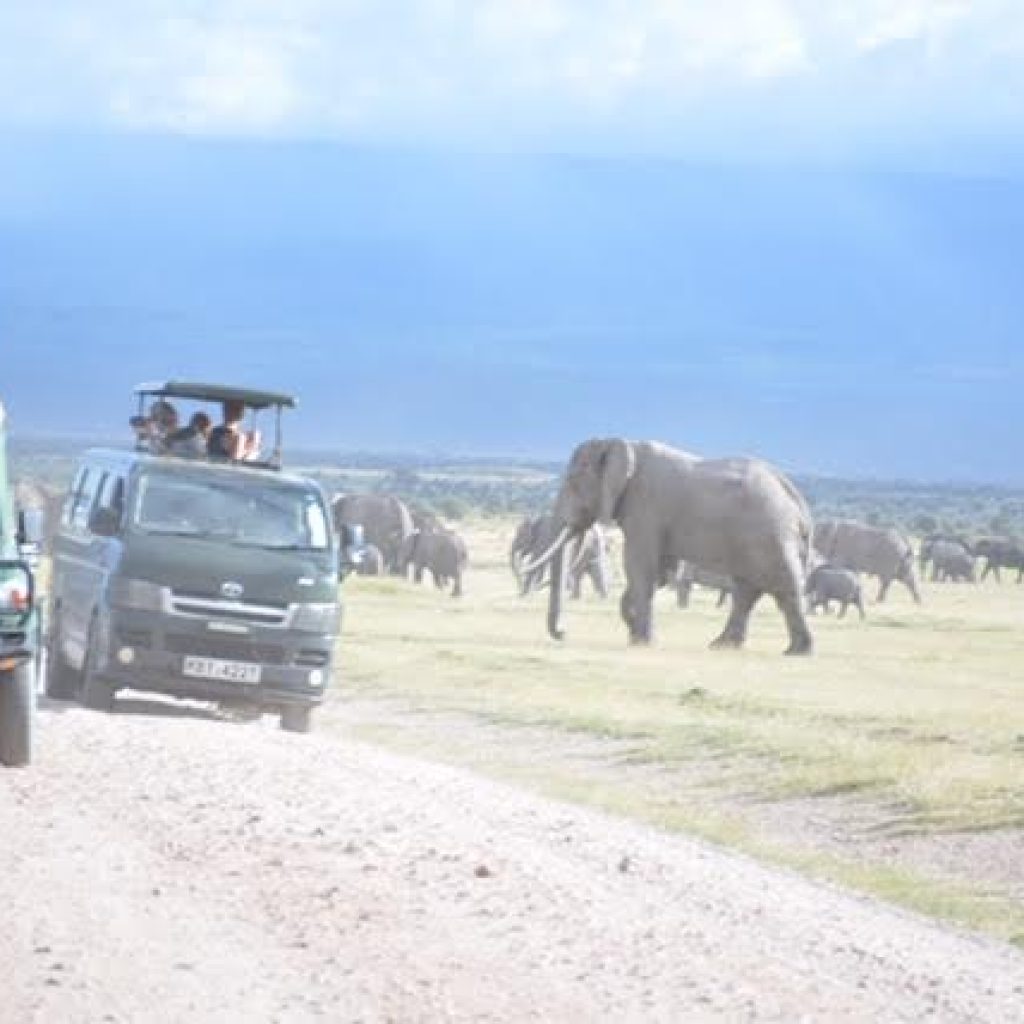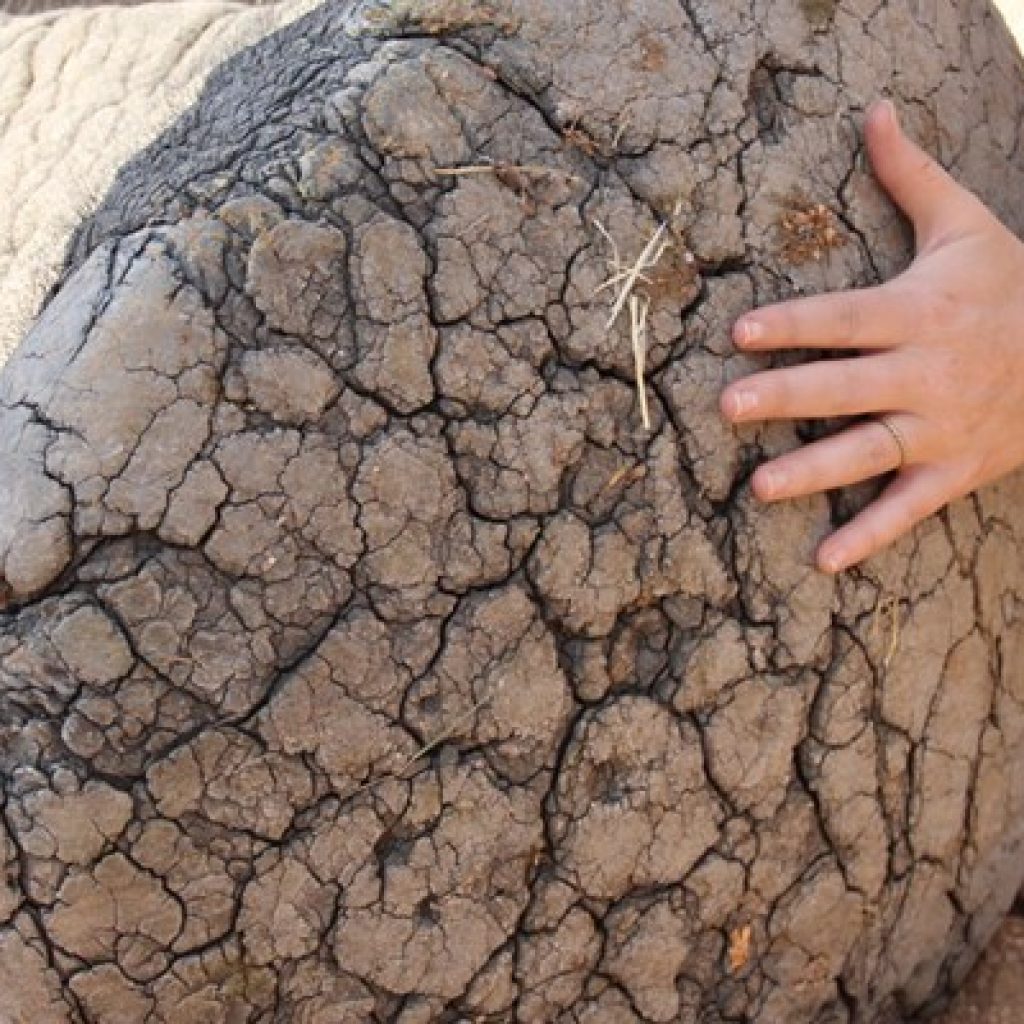
It used to be a familiar sight: a halo of ragged plastic bags festooning the trees, around Kenya’s towns and villages. Sometimes the plastic scar stretched for miles. Since such bags take a thousand years to break down, the wound on the wilderness didn’t go away — it just proliferated.
Kenya’s world famous national parks and reserves didn’t as well escape the plastic invasion. They were forced to fight a constant battle against the plastic peril that degraded the wilderness and threatened to choke the wildlife to death on the plastic bags they mistook for food.
Down at the coast, Kenya’s glorious beaches were attacked by a tide of plastic floating on the ocean’s currents. And Kenya was not alone. Globally, it was estimated that plastic was killing more than 1.1 million seabirds and animals every year.
Kenya, however, took immediate action and is now proud to stand at the forefront of countries fighting the threat of plastic. In 2017, Kenya passed one of the harshest plastic bag bans in the world. It was regulated with the call for a $38,000 fine or a four-year prison sentence for the production, sale, or use of plastic bags. It has since proven 80% successful in eradicating the plastic bag menace from Kenya.
Recently, President Uhuru Kenyatta announced that all single-use plastics will be banned in Kenya’s protected areas including its national parks, beaches, forests, and conservation areas as of 2020. The ban on the use of all plastic items, such as utensils, plates, cups, straws and water bottles, will be imposed on June 5, 2020.
However, Kenyans haven’t waited for the ban to take effect.
In Kenya’s wilderness areas, a quiet revolution has taken place. Plastic water bottles have been replaced by stylish refillable bottles. Plastic biros have disappeared in favour of eco-friendly pencils, toiletries are increasingly eco-friendly, paper is recycled, kitchens are bio-gas fired, glasses are recycled and in the gift shop you’ll find a captivating display of items made from recycled bottle tops to recycled packaging.
Meanwhile, down at the beaches off the Indian Ocean, Kenya’s fight against plastic is one of the most committed on the planet. Bands of volunteers meet weekly to pick up the thousands of flip-flops, toothbrushes and cigarette lighters that wash up on the beaches. Community groups up and down the coast work to reprocess them into everything from key rings to multicoloured rhinos. Environmental groups have even introduced house-building bricks and roofing materials made from recycled bottles – both of which have been enthusiastically adopted by Kenyans.
Corporate giants such as Coca-Cola and Unilever, alongside other indigenous players such as BIDCO AFRICA, KEVIAN Kenya and Bio Foods, are pumping cash into a producer responsibility initiative in Kenya called PETCO, which they hope will provide a model for other developing countries. The PETCO initiative, headquartered in the ultra-modern Coca-Cola headquarters in Nairobi, will spend $360,000 subsidizing the collection of 6,000 tonnes of plastic bottles this year. That’s about 30 percent of Kenya’s PET waste.
Finally, it’s from Kenya that the world’s first 100% recycled plastic dhow set sail. The Flipflopi, built on the island of Lamu using traditional dhow builders and techniques, set sail in September 2018 and has recently completed its first ground-breaking expedition sailing over 500km from Kenya to Zanzibar, Tanzania.






About The Author: David DiGregorio
More posts by David DiGregorio